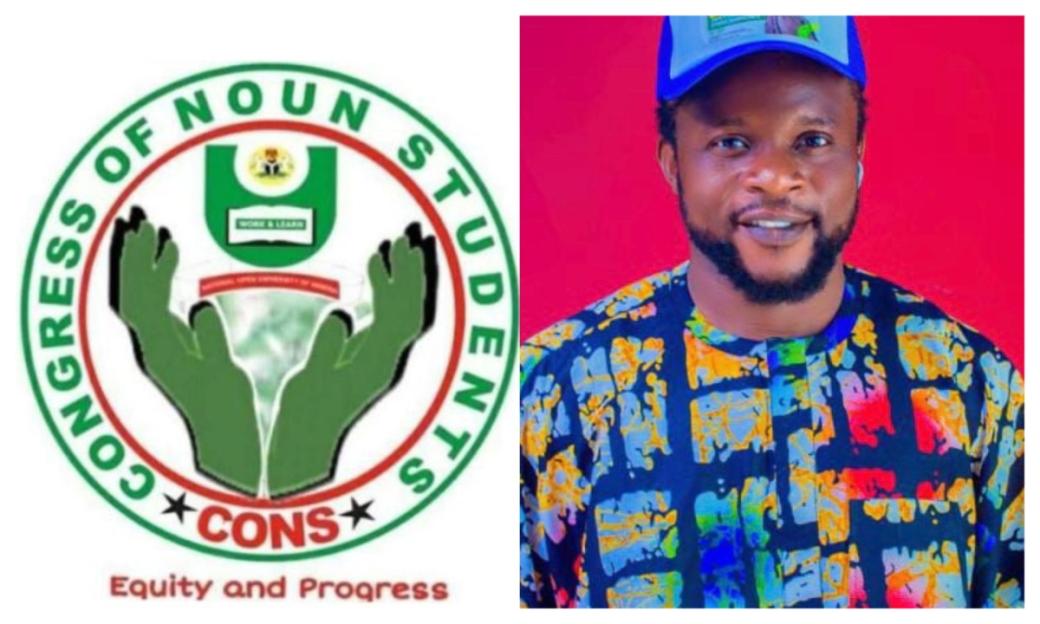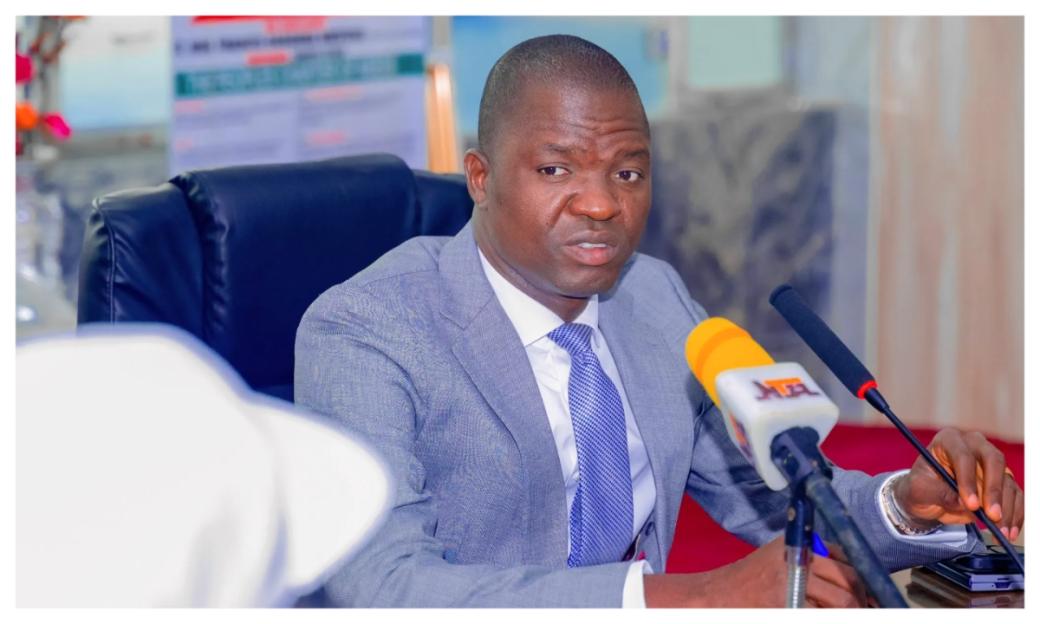Table of Contents
A former Chairman of the Peoples Democratic Party (PDP) in Ebonyi State, Prince Tochukwu Okorie, has stated that this year’s Independence anniversary is not just a celebration of endurance but a crucial call to forge a bold new path towards the vision set by the founding fathers.
He emphasized the need for strong institutions, inclusive governance, and accelerated development.
Nigeria will celebrate its 65th year of independence on October 1, 2025.
“This anniversary represents more than just a celebration of resilience; it serves as an urgent call to establish a bold new direction toward the Nigeria envisioned by our founding fathers—one characterized by robust institutions, inclusive governance, and rapid development,” he remarked.
Okorie pointed out that Nigeria was established with immense potential: abundant natural resources, a rich cultural tapestry, and unparalleled human talent, yet this potential has largely remained untapped.
“We have experienced cycles of hope and disappointment, with rampant corruption, insecurity, and fragile public institutions undermining trust and opportunities,” he noted.
“Nevertheless, there is much to build upon. The resilience and ingenuity of Nigerians both at home and abroad have showcased our music, literature, technology, and entrepreneurship on the world stage.
“Since 1999, we have maintained 26 years of uninterrupted democracy—an achievement that is rare on the continent. Our youth movements and civil society are lively and increasingly assertive.
“At 65, mere reflection is insufficient. Nigeria must transition from rhetoric to tangible outcomes. Public office should be treated as a trust rather than a privilege, and the nation must bolster independent institutions, ensure transparency in public spending, and conduct an impartial battle against corruption.
“Oil cannot sustain a population of 200 million; investments in agriculture, manufacturing, technology, and renewable energy are essential to generate jobs and expand the revenue base. Peace and justice are prerequisites for progress, necessitating security reforms, community involvement, and prompt justice to eliminate impunity. Most importantly, gender, youth, and marginalized communities must be at the forefront of policy making. True federalism and fairness in resource distribution will turn our diversity into strength.
“Nigeria has demonstrated its ability to remain united. Now we must show that we can thrive together. The ultimate test of independence will be how effectively we transform our vast potential into genuine security, equity, and prosperity for all Nigerians.”
What is the significance of Nigeria's 65th Independence anniversary? The 65th Independence anniversary is not just a celebration; it is a call to action to pursue the vision of strong institutions, inclusive governance, and accelerated development as envisioned by Nigeria's founding fathers.
The 65th Independence anniversary is not just a celebration; it is a call to action to pursue the vision of strong institutions, inclusive governance, and accelerated development as envisioned by Nigeria's founding fathers.
What are the key challenges Nigeria faces today? Nigeria faces challenges such as corruption, insecurity, and weak public institutions, which erode trust and limit opportunities for the populace.
Nigeria faces challenges such as corruption, insecurity, and weak public institutions, which erode trust and limit opportunities for the populace.
How can Nigeria achieve true progress? Achieving true progress requires Nigeria to focus on strengthening independent institutions, enhancing transparency, investing in diverse sectors, and ensuring that marginalized communities are included in policy making.
Achieving true progress requires Nigeria to focus on strengthening independent institutions, enhancing transparency, investing in diverse sectors, and ensuring that marginalized communities are included in policy making.







